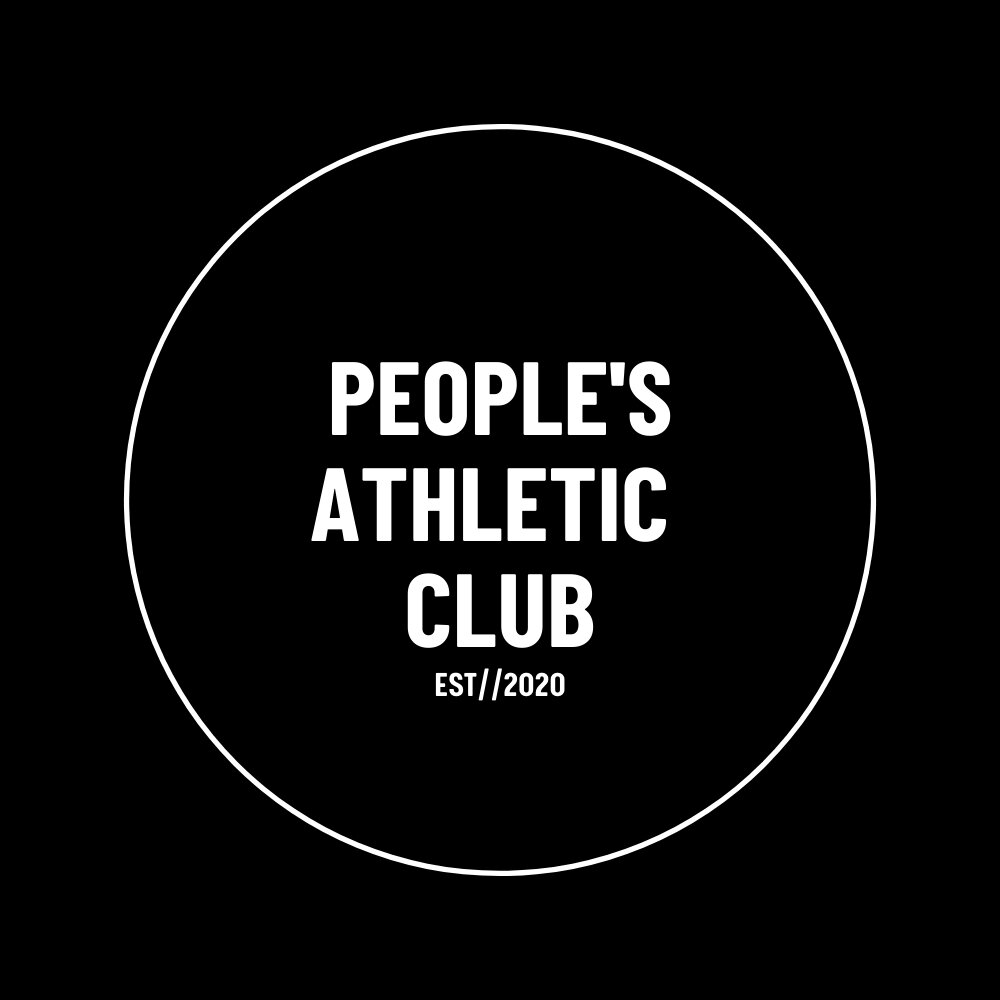1,003
“Ugh, you idiot,” I mutter under my breath—quiet enough that only I can hear it. Fitting, since it's directed at myself.
Most days, I carry a lingering frustration toward my former self—for a variety of reasons—but especially for the things I’ve committed to. In moments of inspiration, I have a habit of setting ambitious goals. Then, almost compulsively, I say them out loud. First to my wife, then to friends, family, clients, and eventually to anyone who will listen, building a wave of accountability I can’t escape.
The latest of these declarations? The 1,003 Club.
The 1,003 Club consists of a 1,000-pound total across the bench press, squat, and deadlift. The “3” stands for a sub-3-hour marathon—running 26.2 miles at a 6:51/mile pace. For context, only 1% of the U.S. population runs marathons, and only 2% of that 1% completes them in under 3 hours. I’ve never run a marathon.
This goal represents my favorite version of fitness: wide-ranging in ability, but demanding in effort. It’s not enough to be exceptionally strong or aerobically fit — it’s about holding the paradox—becoming both the immovable object and the unstoppable force.
To join the club, you have to hit both milestones in the same week. It’s extreme, I know—but I justify it knowing that aerobic capacity and strength are the two primary drivers of long-term health. This goal demands a near-elite level of both.
Take VO₂ max, for example—a measure of how efficiently your body uses oxygen during intense exercise. It’s one of the strongest predictors of overall mortality: the higher it is, the better your odds of living longer. And there doesn’t appear to be a ceiling. Every effort you put in today to improve your VO₂ max pays dividends later.
A high VO₂ max might keep you alive, but strength is what lets you live.
Strength preserves your independence—carrying your suitcase across a foreign train station, climbing the steps of Machu Picchu in your 80s, running around with your grandkids. All of that is made possible—or impossible—by the strength you’ve built leading to those moments.
Saving for retirement is a familiar idea: put money away now so you’ll have something to draw from later when you’re no longer earning. We should think about our health the same way. Build aerobic capacity and strength now, while you still can, so you’ve got reserves to lean on when you can’t. It’s never too late to start—but just like saving, the earlier the better.
But don’t build just to preserve—build so you can spend. The purpose isn’t to arrive at the end in pristine condition. Go enjoy what your body is capable of today. Set a goal that’s slightly unhinged. You’ll call yourself an idiot some mornings—but every now and then, you’ll smile as you say it.

